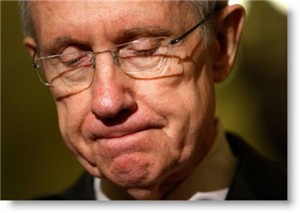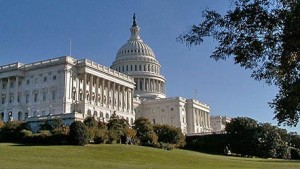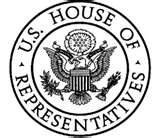Follow Up on Recent Issues on China Law & Policy
The past week has provided closure to two issues China Law & Policy has been following for the past few months. Last week, Senate majority leader Harry Reid announced that the Democrats would not be moving forward on the climate change bill that had been sitting in the Senate for the past year. Although the bill had the potential to completely reorganize the U.S.’ energy policy, the Democrats were unlikely to get the votes necessary to pass the bill and opted not to try.
The death of the climate change bill raises serious questions about the U.S.’ ability to compete with China on green technology. The Chinese government has made major and obvious commitments to green technology, attracting capital from around the world. Without a coherent energy policy, don’t expect investors to seek out green technology opportunities in the U.S. Until the U.S. has a more coherent policy, anticipate the continued flow of capital to China.
As if the failure of climate change legislation was not enough, the Senate announced yesterday that it would not take up the DISCLOSE Act, the House of Representatives’ response to the Supreme Court’s decision in Citizens United v. FEC, a decision that expanded corporations’ speech rights in U.S. elections. As China Law & Policy wrote soon after the decision, Chinese companies, some of which have ties to the Chinese government, could use the loophole of their U.S. subsidiaries to donate to U.S. campaigns. China Law & Policy testified before Congress in May on the legislation – the DISCLOSE Act – as it was being considered by the House of Representatives. Looks like we won’t be testifying before the Senate anytime soon.
Gees, did Harry Reid just have the worst week ever?
 On Facebook
On Facebook By Email
By Email 


